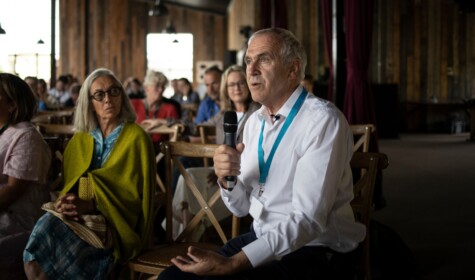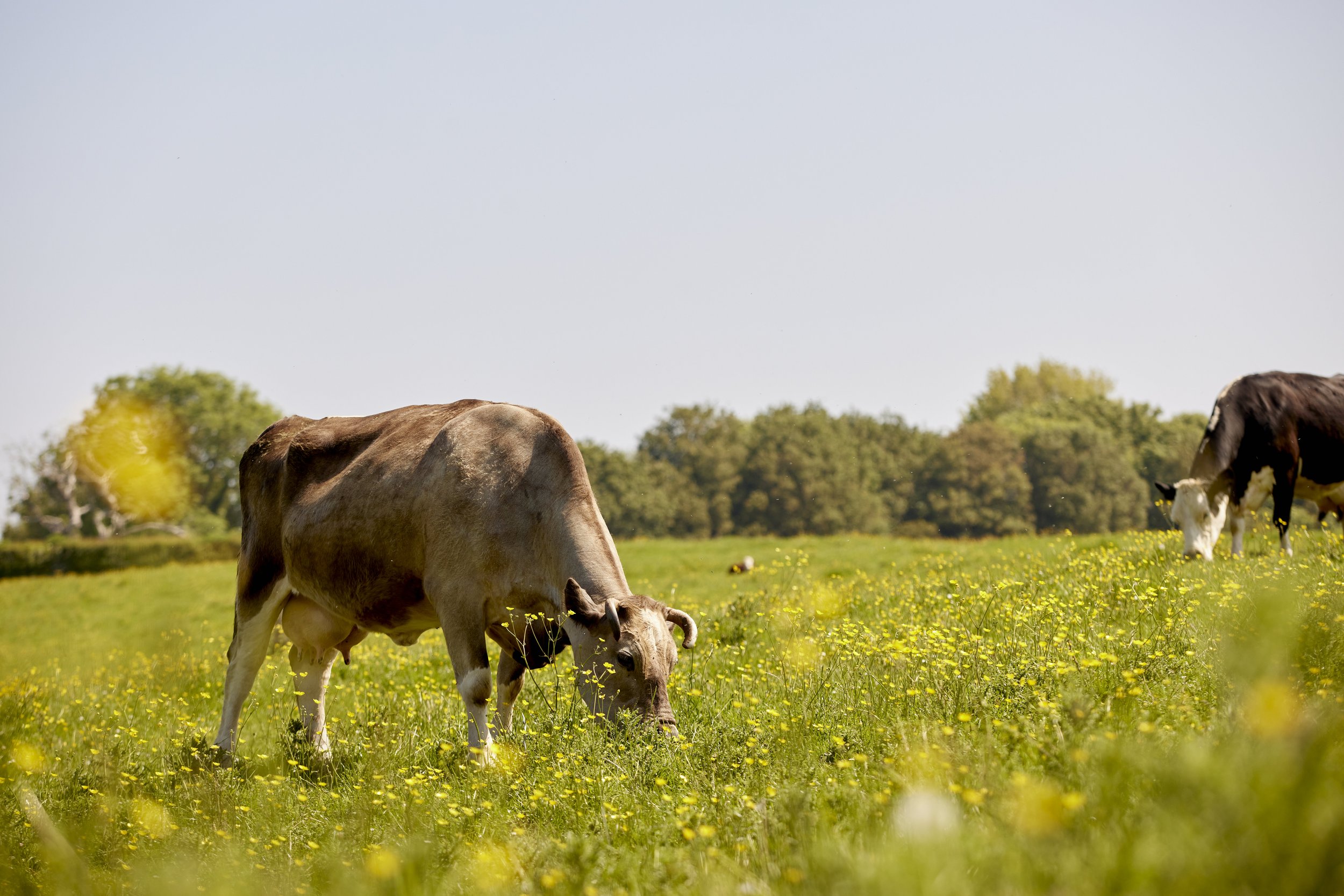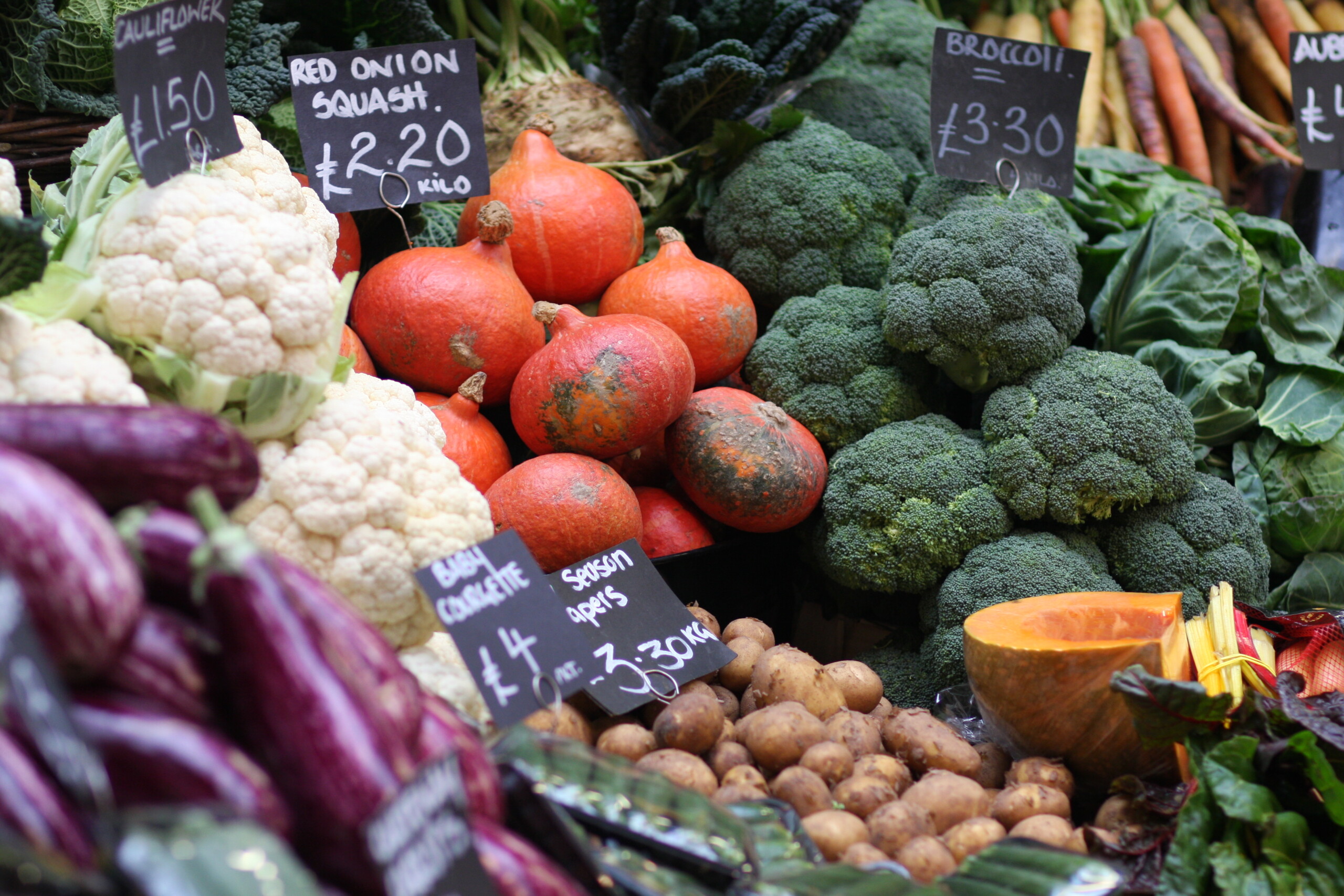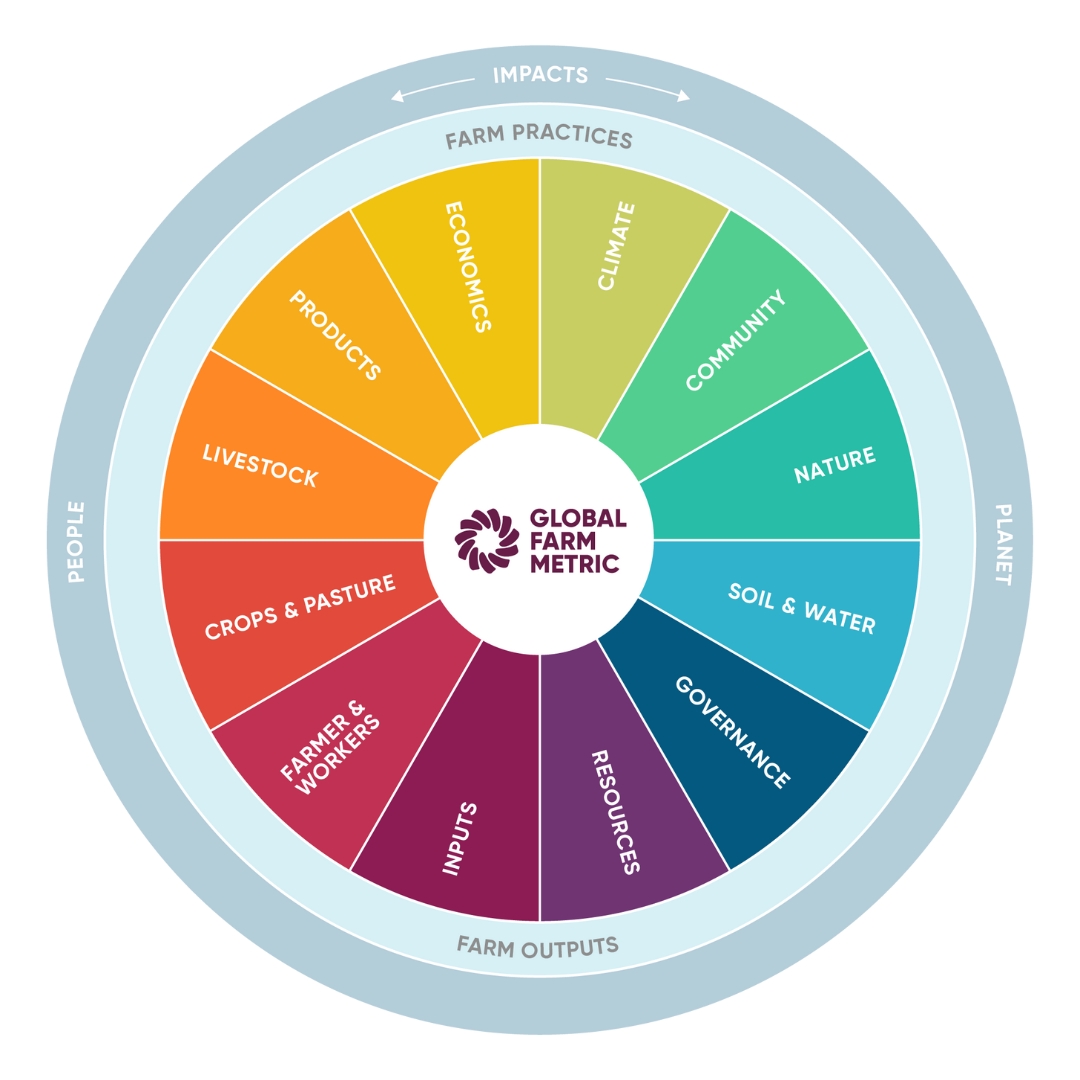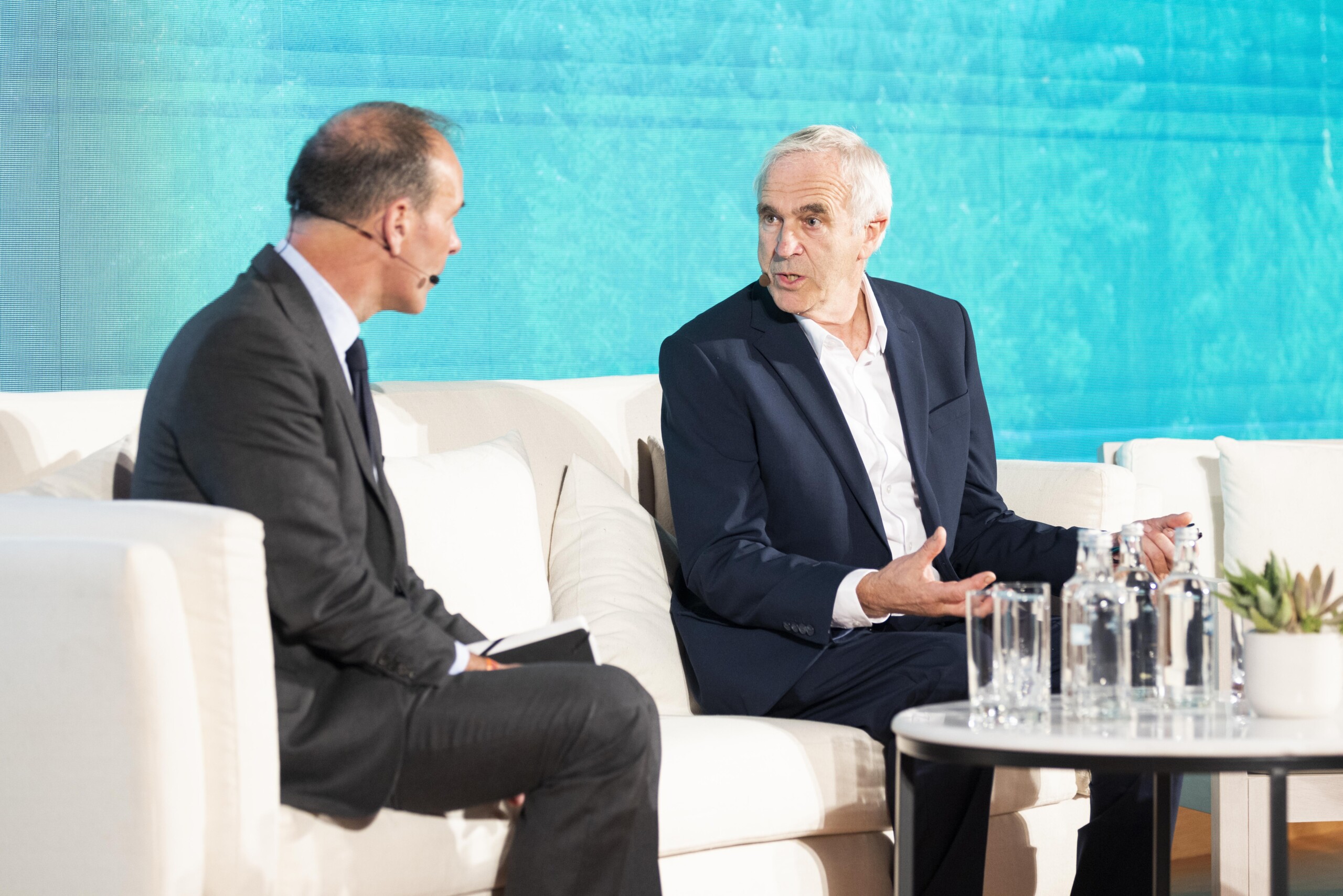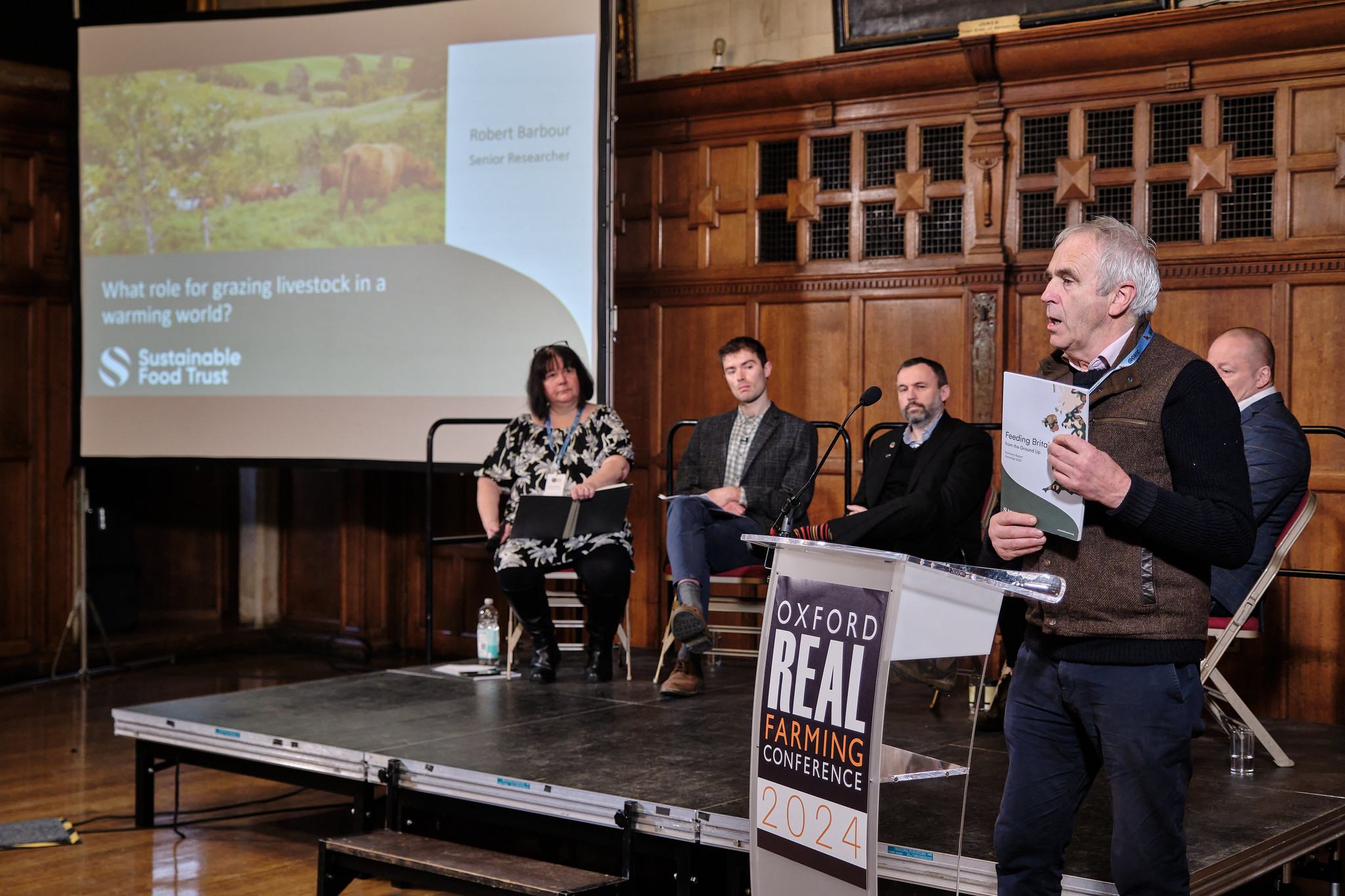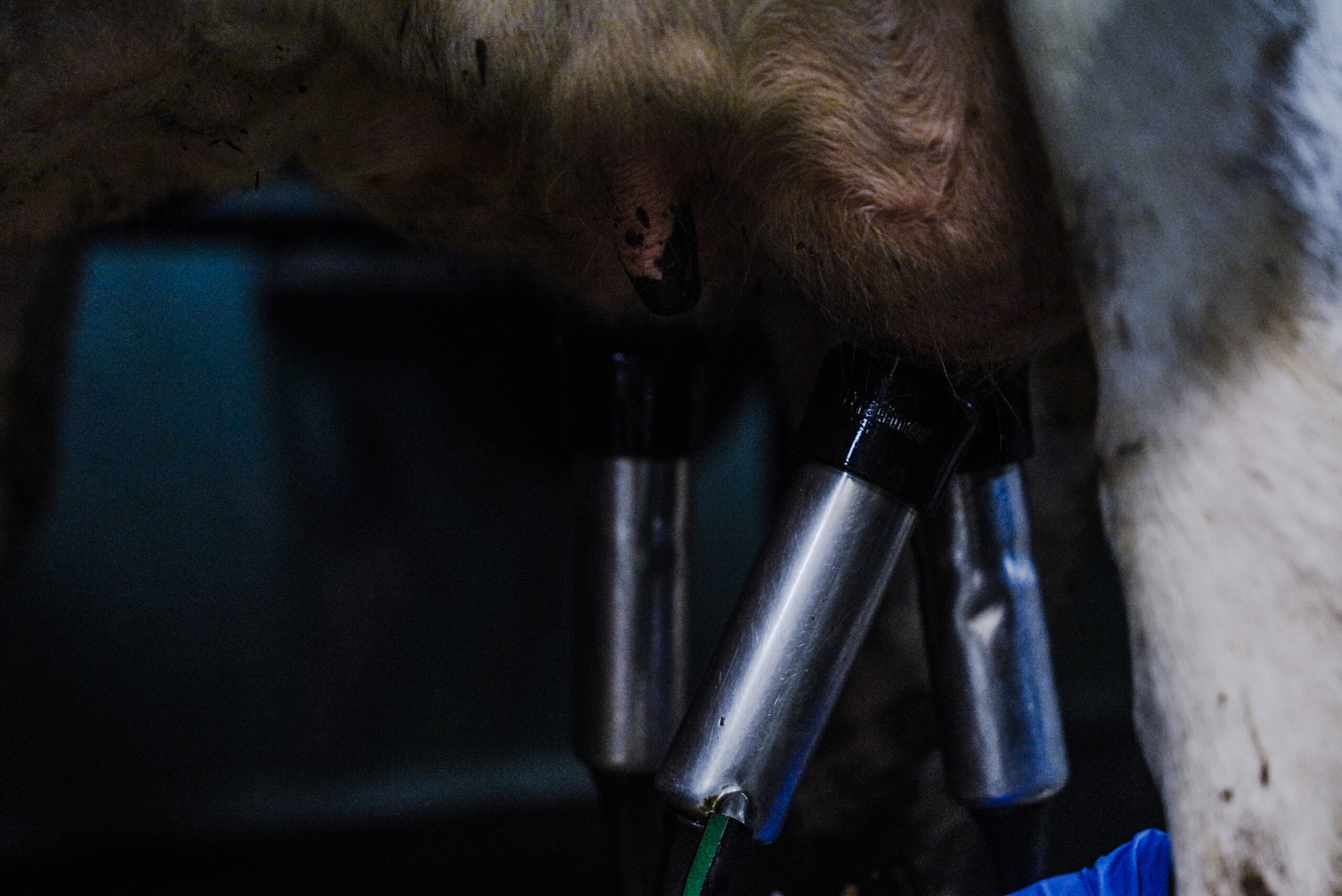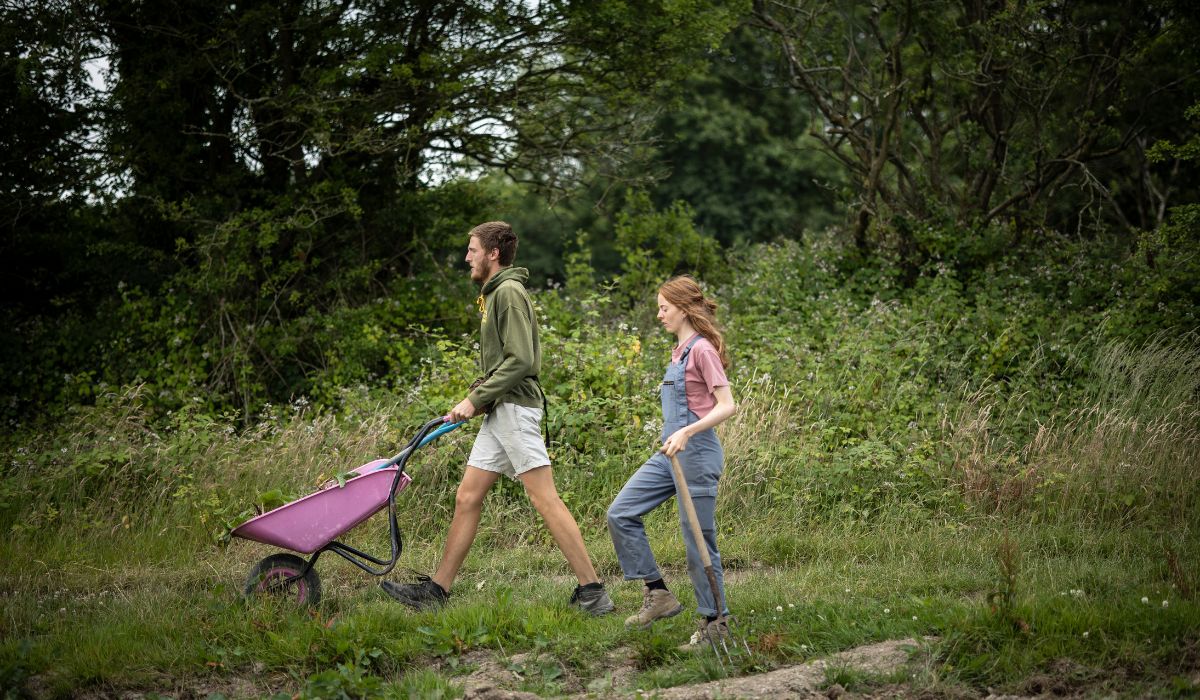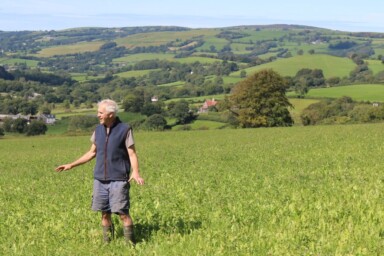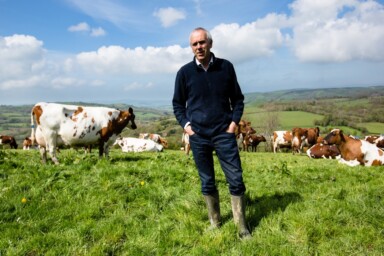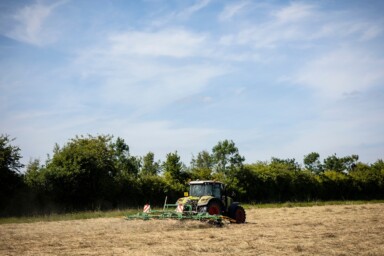With the publication of the Sustainable Food Trust’s next major report due this summer, CEO, Patrick Holden, reflects on seven key challenges and successes of the SFT so far, and looks ahead to the release of what will be a pivotal work on the future of sustainable food.
In 2011, shortly after I left the Soil Association, a number of individuals suggested that I should capitalise on the network of influential contacts I’d accumulated and launch a new organisation. I did – and it became the Sustainable Food Trust (SFT).
The idea behind the SFT was to be ‘inclusive and catalytic’. I didn’t want to build a large organisation because I had ‘been there and done that’ during my time at the Soil Association. Instead, I wanted to work with a small but trusted team of individuals who were committed to accelerating a change in how we farm and eat, a change that was trying to happen but was being held back by some significant barriers.
A dozen years down the road, we understand what those barriers are, and we are beginning to unlock them.
1. Misdirected agricultural policy
From a post-war, 70-year perspective, I’ve witnessed how a succession of policy instruments, both in the UK and the EU – and mirrored in the US – have encouraged farmers to intensify and expand, using industrial systems which have been highly profitable, but only because of their extractive nature. As a direct consequence, the farming systems that we have today are in a major way responsible for climate change, catastrophic biodiversity loss and enormous social harm, especially in relation to growing public ill-health.
Ironically, these post-war policies were well meaning, catalysed by food insecurity during World War II, but the unfortunate consequences have been fairly disastrous. Reforming these policies has been rather like reversing a super tanker – first, there needs to be a collective will to act and then policies need to be redesigned and directed once again towards incentives that support food production working in harmony with nature.
The SFT’s advocacy of such policies has been consistent and of critical importance. I believe we can now claim that we are beginning to be a significant influence on policy reform. For instance, in the UK, Defra and the devolved nations are beginning to understand that rather than have separate support for biodiversity stewardship, they need to take a more integrated approach and back farming systems which deliver on nature as well as food.
